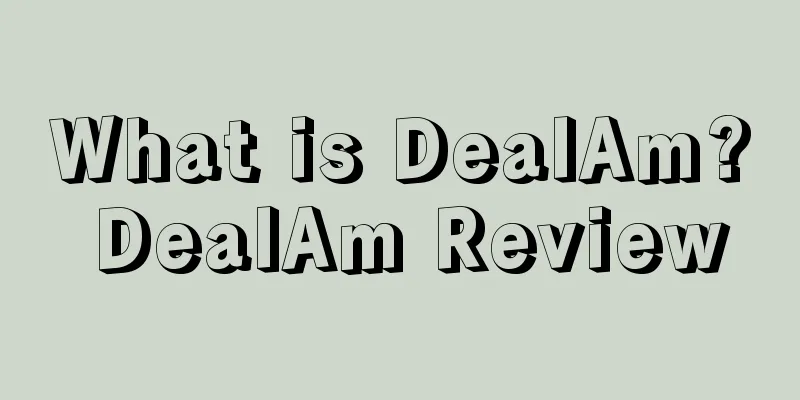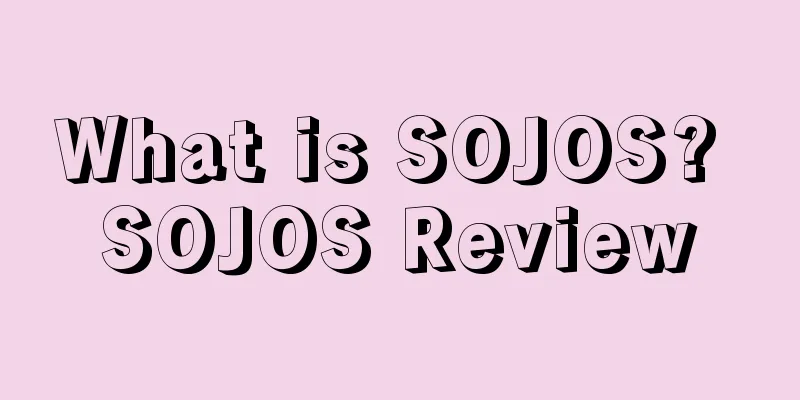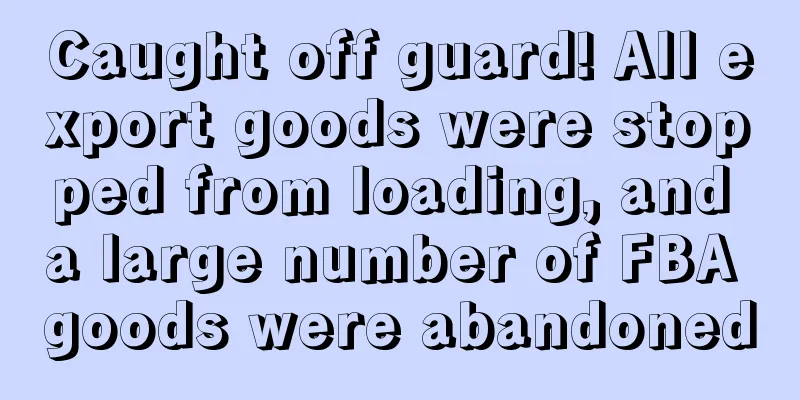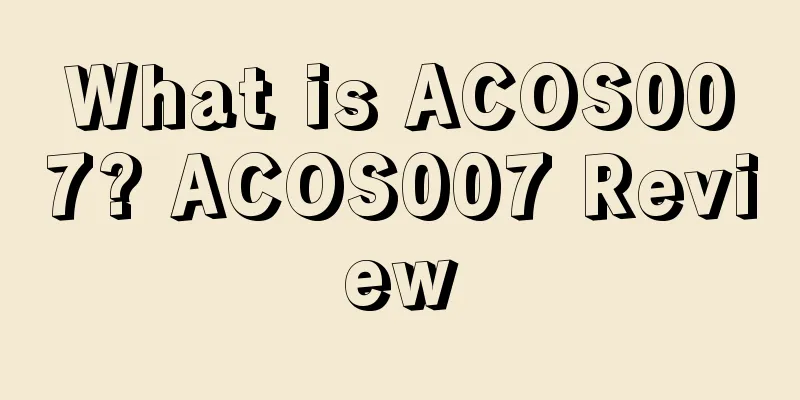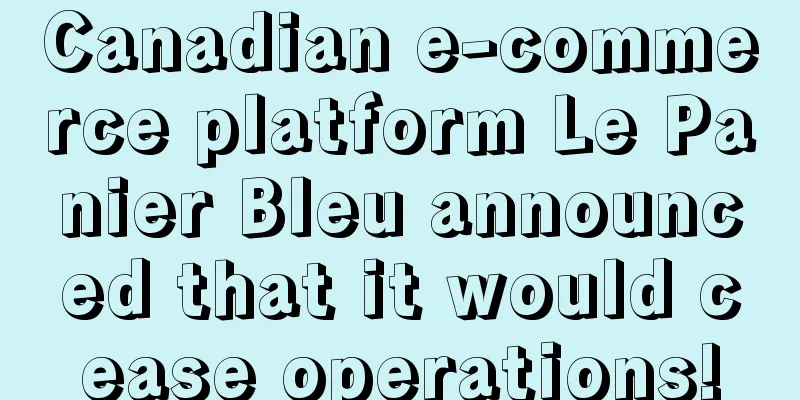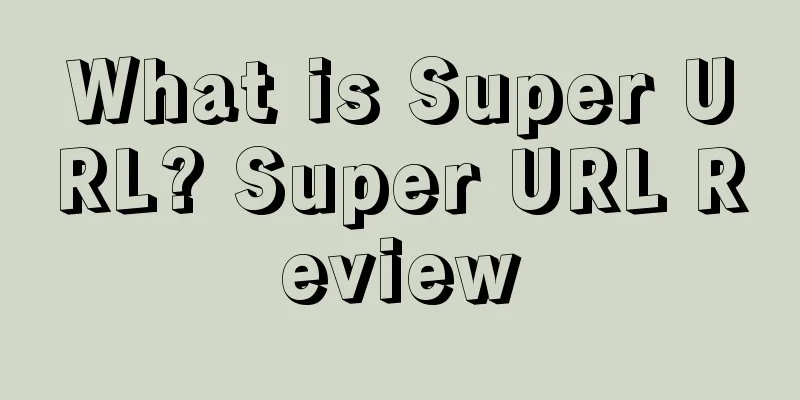What is the Most Favored Nation Treatment? Most Favored Nation Treatment Evaluation

|
In international trade, the Most Favored Nation (MFN) refers to the preferential treatment and exemptions that a contracting party now and in the future grants to any third country in terms of trade, tariffs, shipping, citizenship and legal status, and also grants to the other contracting country. definition The basic goal of most-favored-nation treatment is to enable all members of the multilateral trading system to share the benefits of the system. In August 1978, the United Nations International Law Commission defined "most-favored-nation treatment" as: "The treatment that a beneficiary country accords to a beneficiary country or a person or thing with a definite relationship with the beneficiary country is no less favorable than the treatment that the beneficiary country accords to a third country or a person or thing with the same relationship with the third country." Countries that enjoy the most-favored-nation treatment are called favored countries, and the basis is mostly a bilateral or multilateral treaty. It should be noted that the preference is relative to the general tariff rate, so the most-favored-nation treatment is often not the most favorable rate. In addition to the most-favored-nation treatment, there are lower rates. Key Points The most-favored-nation treatment principle includes four key points: 1. Automaticity: When a member country grants other countries a preference that exceeds the preference enjoyed by other members, other members will automatically enjoy such preference. 2. Sameness. When a member grants a certain preference to other countries and automatically passes it on to other members, the benefit criteria must be the same. 3. Mutuality. Any member is both a beneficiary and a beneficiary. That is, when enjoying the right to most-favored-nation treatment, it also bears the obligation of most-favored-nation treatment. 4. Universality. Most-favored-nation treatment applies to all import and export products, all sectors of service trade and all types of intellectual property owners and holders. history The term "most favored nation" in the principle of most favored nation treatment first appeared in the 17th century, but the most favored nation obligation can be traced back to the 11th century. At that time, merchants from Italian city-states, French and Spanish cities along the Mediterranean coast began to want to monopolize the local market and squeeze out competitors when doing business in foreign countries. Once they failed to achieve their goals, they sought to obtain equal access and competition opportunities in the market of that country. The development of commerce in the 15th and 16th centuries urgently required the establishment of trade treaties with the most-favored-nation type in trade relations, but most similar trade treaties with the most-favored-nation nature were the result of strong countries forcing weak countries to unilaterally grant or conclude them. With the expansion of the scale of international trade and the development of commercial relations, political treaties and trade treaties have been separated, and some practices of granting each other "most-favored-nation treatment" have begun to appear. In the Utrecht Trade Treaty between Britain and France in 1713, it was stipulated that one party guaranteed that it would give the same benefits to the other party in terms of trade and shipping as it gave to a third country. In 1778, the United States included a "conditional" most-favored-nation clause in its first treaty signed with a foreign country (signed with France). In the 19th century, such treaties were popular in European countries, but they were all "conditional" most-favored-nation treatment models, that is, the beneficiary country made a commitment equivalent to the commitment of the third country as a condition. This conditional most-favored-nation principle based on reciprocity had a substantial breakthrough in 1860. The signing of the Anglo-French Trade Treaty in 1860 gave birth to the unconditional most-favored-nation treatment in the modern sense. In the subsequent trade relations, although there were twists and turns, there were also cases of conditional most-favored-nation principle. However, the "mutual unconditional most-favored-nation treatment" on the basis of free trade embodied in the Anglo-French Trade Treaty has also become an important feature of the connotation of the most-favored-nation principle itself in modern international trade. "The most-favored-nation treatment clause is the cornerstone of modern trade treaties" has become a famous saying in the trade relations between countries. After the First World War, the unconditional most-favored-nation treatment was seriously challenged. Countries generally advocated and implemented trade protectionism policies characterized by high tariffs, and imposed restrictions on trade. The Great Depression in the 1930s made protectionism even more rampant. Even Britain, which has always pursued free trade worldwide, abandoned the unconditional most-favored-nation principle and implemented the British Empire preferential system. Despite this, more than 600 treaties containing most-favored-nation treatment clauses were signed worldwide from 1920 to 1940. After World War II, the General Agreement on Tariffs and Trade incorporated the principle of most-favored-nation treatment into the multilateral trading system worldwide, making most-favored-nation treatment an important cornerstone of world economic and trade and achieving a historic new breakthrough. Scope of application According to the provisions of the General Agreement on Tariffs and Trade 1994, the principle of most-favored-nation treatment for trade in goods mainly applies to the following areas: 1. Duties and Related Charges. According to Article 1, paragraph 2, all duties and fees related to import and export of goods shall be subject to the principle of most-favored-nation treatment. In addition to duties, these fees include: ① Any form of fees imposed on imports and exports, such as import surcharges, variable tariffs or export taxes; ② Any form of fees related to import and export, such as customs fees, consular invoice taxes, quality inspection fees, etc. 2. Duties and fees imposed on international payment transfers related to imports and exports. Such as some taxes or fees levied by the government on international payments for imports and exports. 3. The method of collecting the above taxes and fees. For example, when imposing tariffs, the value of imported goods needs to be assessed, and the assessment criteria, procedures and methods used should be implemented equally among all members with the same treatment standards. 4. All regulations and procedures related to import and export. For example, if specific information disclosure requirements or explanations are stipulated for imports and exports within a certain period of time, once such requirements are stipulated, they must be equal requirements for all members. 5. The imposition of domestic taxes or other domestic charges related to the import and export of goods. Such as sales tax and related fees levied by local governments. 6. Any laws, regulations and requirements that affect the sale, purchase, provision, transportation and distribution of imported goods in the importing country. Such as requirements for quality certificates of imported products, requirements for the movement, transportation, storage or retail channels of imported products, restrictions on special packaging and use of products, etc. Exceptions There are also exceptions to the most-favored-nation treatment principle: ● A developed country grants more favorable and differential tariff treatment to industrial products and semi-finished products exported by developing countries; grants more favorable and differential treatment to developing countries in terms of non-tariff measures; implements preferential tariffs among developing countries; provides special preferences for the least developed countries; and may not grant these to other developed country members. ● The treatment enjoyed by a small number of countries stipulated in free trade areas, customs unions and frontier trade, and the treatment within economic integration organizations, may not be granted to other WTO members. ● All measures taken by some members on imports and exports to protect the life, health, safety of animals, plants and people or for some specific purposes are not subject to most-favored-nation treatment. ● When a country’s national security is threatened, it may not be bound by most-favored-nation treatment. ● Anti-subsidy, anti-dumping and retaliatory measures authorized under the dispute settlement mechanism are not subject to most-favored-nation treatment. ● Government procurement in goods trade is not subject to the jurisdiction of the WTO and is therefore not subject to most-favored-nation treatment. ● Obligations in plurilateral trade agreements that are not covered by the WTO. References |
<<: What is a Free Trade Agreement (FTA)? Free Trade Agreement (FTA) Review
Recommend
What is TOMOSON? TOMOSON Review
TOMOSON is a platform that connects "influenc...
What is Amazon TACoS? Amazon TACoS Review
TACoS stands for Total Advertising Cost of Sales, ...
What is BidorBuy? BidorBuy Review
BidorBuy is an important online shopping mall in S...
What is Jiufang Tongxun? Jiufang Tongxun Review
Shenzhen Jiufang Tongxun E-commerce Logistics Co.,...
What is Amazon's e-commerce withdrawal from China? Amazon's e-commerce withdrawal from China review
Starting from July 18, 2019, Amazon China will adj...
How much investment is needed to set up Amazon in Shenzhen?
How much start-up capital is needed to start an Am...
Amazon warehouses are overflowing and TEMU is rising. How can sellers seize this peak season?
The peak season is not only a sales feast that se...
Product prices generally rise at the beginning of 2022! Americans may buy in advance and reduce purchases!
It is learned that according to data from NPD Grou...
Amazon's new rules on October 1! Fines for non-compliance? !
There are so many things that will affect us Amaz...
US digital advertising spending will exceed $210 billion! Amazon, Google, and Facebook are the three major players!
It is learned that according to eMarketer's fo...
Mexico's Easter sales in April are booming, and these categories are becoming more popular
It is learned that April is coming, and foreign co...
Practical operation: Don’t look for a service provider, the latest 2023 brand registration and cancellation process
1. Influencer video: 300, including shooting and u...
What is Zhongpei International Logistics? Zhongpei International Logistics Review
Zhongpei Industry was established in 2004 with a t...
Is Amazon going crazy? Sellers whose accounts were blocked for no reason protest, and the wave of losing reviews is coming again!
▲ Video account attention: cross-border navigation...
What is rareteacompany? rareteacompany review
rareteacompany is an independent company based in ...
